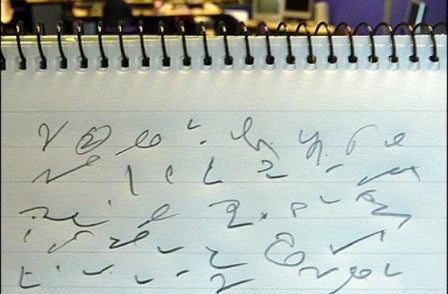
Few things are more likely to raise the eyebrows of a judge or a magistrate than the sight of someone taking notes in their courtroom.
One judge was so incensed that he asked a reporter friend of mine to inspect his shorthand. "I can’t read any of this," he remarked. He wasn’t too impressed when the reporter replied: "Neither can I, your honour."
It’s not unusual for judges and magistrates to challenge note taking, or even ban it, as they did during the Operation Elveden trials (from the public gallery, not the press benches).
But thankfully, the position should change following a ruling by the Queen’s Bench Division of the High Court.
The court ruled that anyone – press or public – can take notes without consent. However, a court can still ban note taking, if there is a good reason.
The case, Ewing v Crown Court, involved a man called Terence Ewing, who was threatened with contempt after a judge spotted him taking notes in the public gallery during an appeal case in 2014.
Ewing appealed the ruling, and won his case.
The QBD judges, Lord Justice Burnett and Mr Justice Sweeney, said the judge in the original case was wrong. They referred to Her Majesty's Courts and Tribunals Service guidelines to staff, that say: "There can be no objection to note taking in the public gallery unless it is done for a wrongful purpose; for example to brief a witness who is not in court on what has already happened."
They said that note taking was different to live blogging, where members of the public need to get the court’s consent in advance.
The QBD’s ruling does not give the press any greater rights than members of the public.
But it will be welcomed by journalists, especially when they have to sit in the public gallery because the press benches are full.
The ruling only applies to taking notes. Drawing pictures is still banned by the Criminal Justice Act 1925.
Though it is not clear what will happen to journalists whose shorthand more closely resembles artwork!
Cleland Thom is a media law consultant and trainer
Email pged@pressgazette.co.uk to point out mistakes, provide story tips or send in a letter for publication on our "Letters Page" blog

